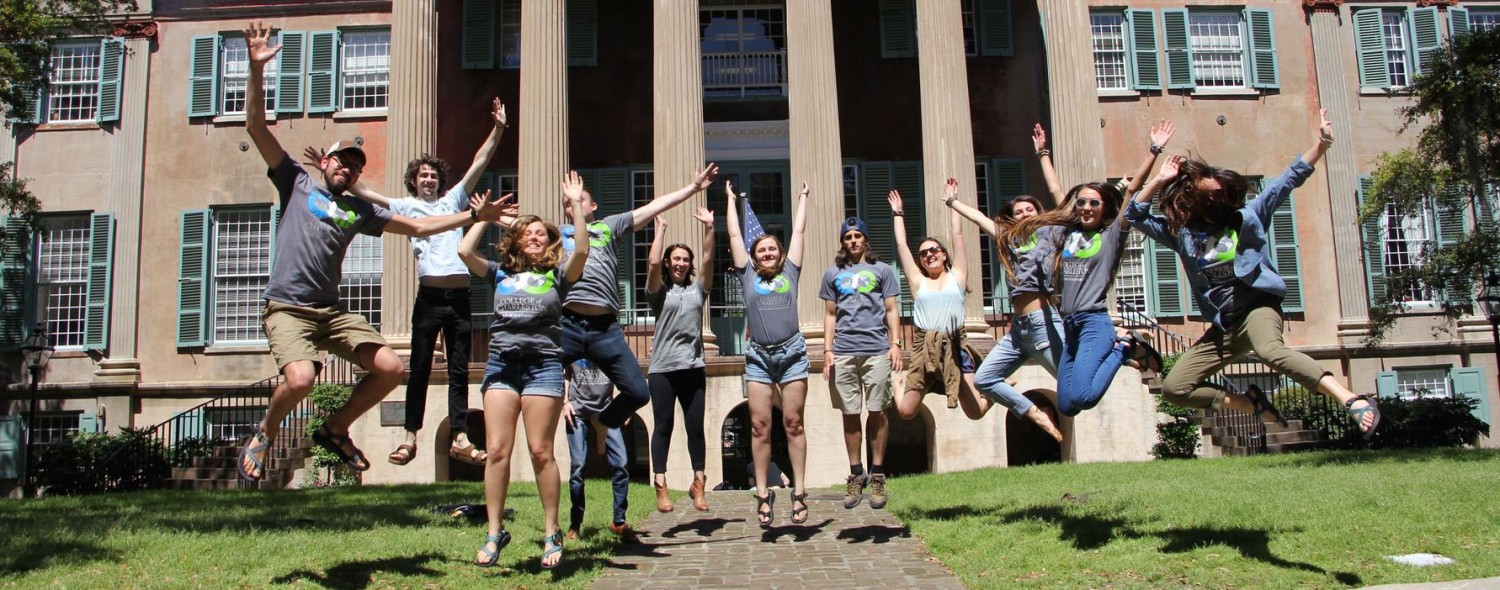Posts from Meg Scruggs and Erich Hellstrom
My role in the overall project was contributing ideas for the App since it was a conceptual project. I gave useful and creative ideas to be incorporated like some of the mapping features along with the Yellow Pages concept for sustainable restaurants and businesses. Our group as a whole was very hands on with the project, and everyone contributed great ideas that we thought would be worthwhile for users of the App. Our project leader, Josh was extremely helpful and really motivated us to come up with a great concept.
The most rewarding thing about this project, for me, is that I got a great experience working with other people who are excited about learning more about sustainability and what it really means for the community and for our future. I also feel more accomplished after finishing out final proposal. I think we have come up with a really great idea that has good potential for use for not only the College of Charleston but for other universities and institutes to utilize.
~Meg
I really enjoyed being a part of this group in starting the process to create a smart-phone app for Sustainability at the College of Charleston. My initial contribution to the group was working on the events feature of the app. We decided in our brainstorming sessions that we should have a sustainable events feature. I looked up local events such as farmers markets, Green CofC meetings, and Office of Sustainability events. There are also local events, such as the Green Fair, which could be
integrated into the app. We decided to make the events integrated into the interactive map, so users can see where and when the events happen on the map. With our interactive map feature users can not only find bike racks and recycling bins, they can see what sustainable projects are happening on campus.
I also came up with the initial setup of the graphic user interface (GUI). I thought it would be visual pleasing for the main menu to be in the image of a tree. Each branch would have a different section of the map. When the user taps on the end of the branch it will take them to the respective part of the app. At the top of the tree would be the name of the app. Some ideas for the name were CofC Sustain-a-app, and iSustain CofC.
It is my hope that this app will also keep students involved on campus. The Office is putting on more and more events each semester and this app can help bring students to these events. With constant reminders and by using the map feature users will be able to see where and when the events are happening on the map. I want more people to realize what the vision of the Office is and I want them to get involved. It is my hope that this app will help produce a campus where people are working towards creating a sustainable campus where people are constantly making new improvements.
~Erich
